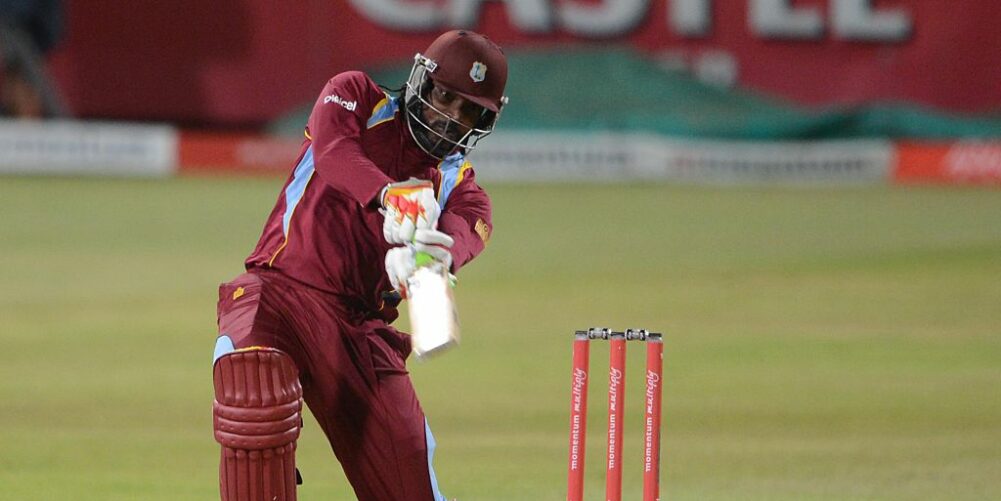For those who enjoy spectacle and a good contest, the announcement that Chris Gayle and Marlon Samuels are back playing for West Indies will have brought a chorus of hallelujahs.
The pair are fine cricketers and will enhance any side they play for, providing they buy into the team ethic, something not always apparent during their controversial careers.
Gayle, in particular, is still one of the biggest stars in world cricket, even if that supernova has begun to wane. But has he been a good role model other than to extol the excesses and bling available to players who place T20 above all else in the cricketing universe? On that, the jury remains out.
But what of the other players who might walk back into a first choice West Indies side were the relationship between them and the board on the smiling side of cordial? Well, Sunil Narine has spoken of wanting to play in the Regional Super 50 tournament before he is considered for one-day internationals again while Darren Bravo, younger brother of injured all-rounder Dwayne, has simply said he is unavailable.
Bravo junior has had his run-ins with Cricket West Indies (CWI), with special animus directed at the chairman of the board, Dave Cameron, after he unfairly criticised Bravo. In 2016, Bravo was recalled from a tour of Zimbabwe after his condemnation of Cameron on Twitter, though he has not been alone in that as ongoing pay disputes have opened a schism between board and players.
But while there is no doubt that the board have been overly paternalistic in their top-down management style – you are employees so you will do as you are told – the players have not helped matters by being militant in their approach to proposed resolution. Johnny Grave, the new CEO of CWI, with his experience at the Professional Cricketers’ Association, has been brought in to sort out the mess.
This is where the problems become a little grey. Rather than the black and white position of ‘board idiots versus player mercenaries’, we have the added complication of many having their own individual beefs with authority.
For instance, Bravo junior, somewhat unusually in this age, regards Test cricket as the highest form of the game and wants to prepare himself for it, hence his unavailability for the One-Day series. He has made similar decisions before between red and white ball cricket and would have been included in the current Test team, struggling at present against England, had the olive branch from the board come before the tour party was selected.
Narine’s case is different. His request to play in domestic competition, before being selected for the national team again, comes from little more than being cautious. Nothing is more anathema to a spinner than being branded a cheat for chucking and Narine has undergone remedial action on his bowling action after being suspended from playing in 2015.
Like most who have gone through this process, he is nervous about the extra scrutiny, and therefore the added pressure, international cricket would bring. It is thus a sensible move to make sure everything is tickety-boo with his bowling before he steps back onto the international stage.
Apart from keeping your players happy and well recompensed, a huge challenge for CWI under Cameron, the best way to ensure your best players do national service (and arguably one of the most difficult now the genie is out of the bottle) is to schedule domestic T20 competitions when they don’t clash with Test or ODI series.
In that respect, even the new T20 in England is likely to be blighted, being without the England players, and their opponents, who will have a full summer of international cricket to contend with.
At the moment, Test cricket, the most demanding and time-consuming of the three formats, is being compromised by many prioritising white-ball formats to the point that apart from England, Australia, India and Pakistan, it has become third rate, at least in the pecking order for the players.
Sorting that out, so the best all-round cricketers can play all three formats without having to choose between them, would solve much of the current disaffection between players and boards afflicting the game.















